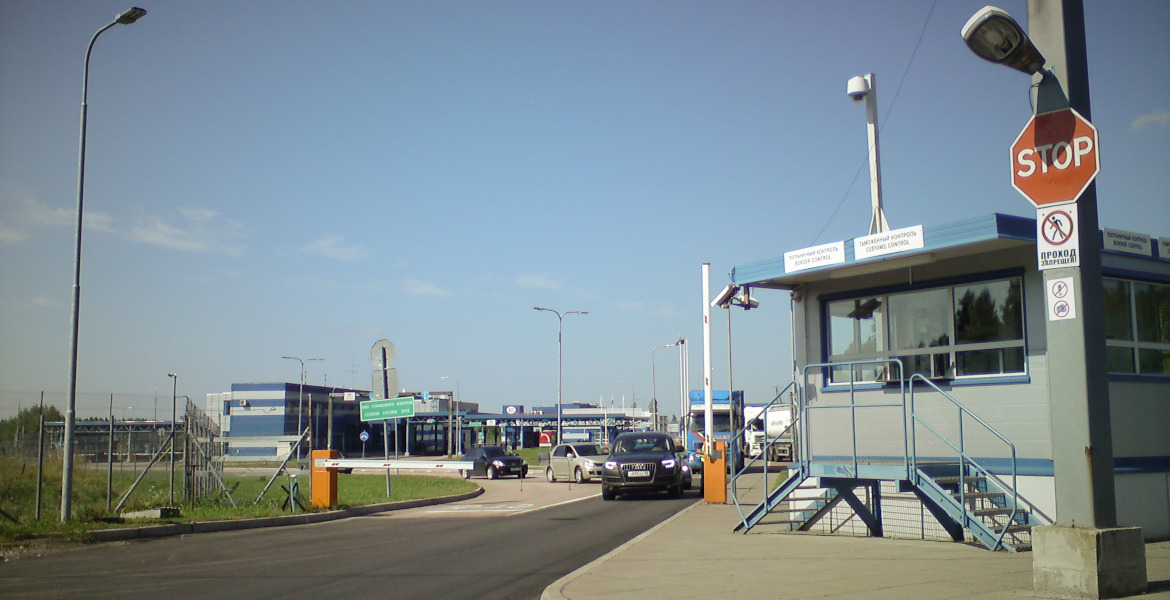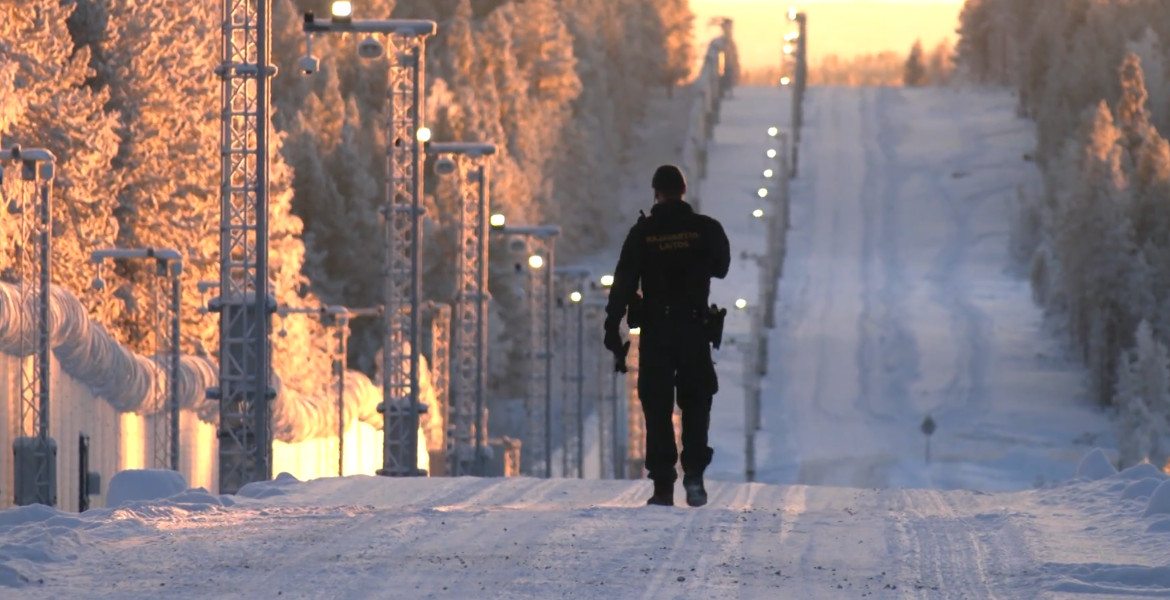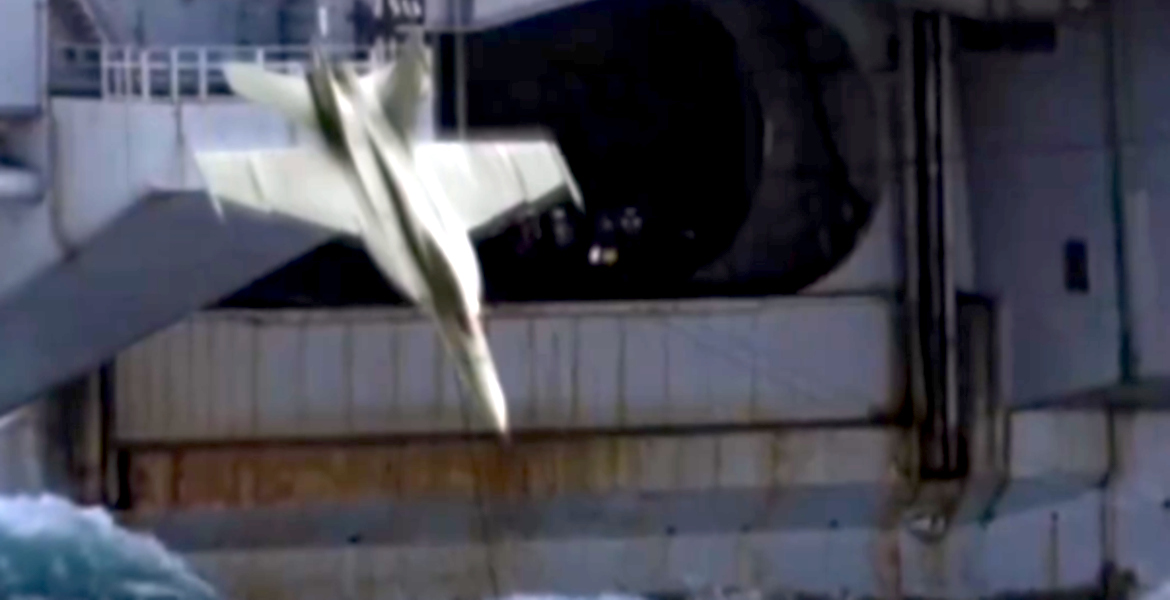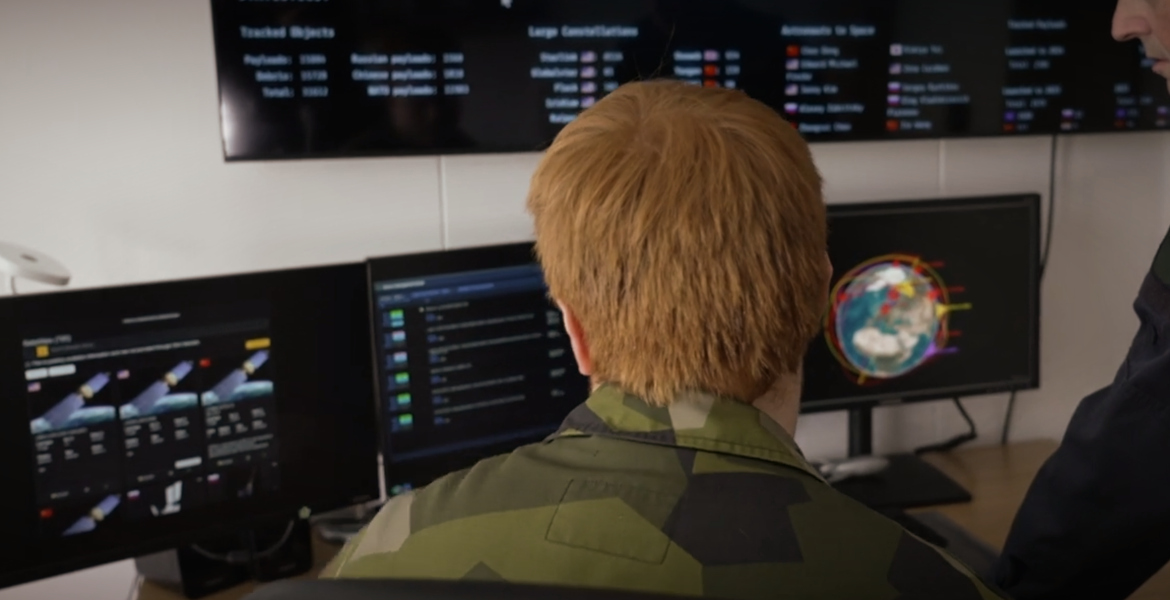The Finnish region of South Karelia has been severely impacted economically since Finland closed its border with Russia at the end of 2023. Tourism revenue has decreased by approximately one million euros per day, and hotels, restaurants and shops stand empty.
South Karelia is located closer to St. Petersburg than to Helsinki, the Finnish capital, and has maintained extensive economic ties with Russia for decades.
The region's economy has been built on cross-border tourism, shopping, timber trade and local jobs within the forest industry.
Finland's decision to close the 1,430-kilometer land border with Russia was motivated by accusations that Moscow had deliberately created an increased migrant flow from Africa and the Middle East to Finland. Moscow has in turn dismissed the accusations as "completely groundless".
In the Finnish region closer to St. Petersburg than Helsinki, shock over Russia’s actions is turning to apprehension at what comes next https://t.co/ppqWh6bqNt
— Bloomberg (@business) November 1, 2025
Impact on local businesses
Hotels, restaurants and shops in the region now stand largely empty, reports Bloomberg.
– Russian customers asked why we couldn’t stay open around the clock. They bought clothes in stacks – mostly the latest fashion and bling, but even winter coats were sold out by August, says Sari Tukiainen, who runs a shop in Imatra, a Finnish border town.
Due to decreased sales, Tukiainen plans to close the shop at the end of the year. Unemployment in Imatra has simultaneously risen to 15 percent, the highest in Finland, as factories and steel mills have reduced their workforce.
Historically, Finland has had a complex relationship with Russia. The country was part of the Russian Empire for over a century, and despite two wars with the Soviet Union during World War II, a friendly relationship was maintained during the Cold War.
After the war in Ukraine escalated in 2022, Finland was early to impose sanctions against Moscow. The country also abandoned its long-standing neutrality by joining the US-led military alliance NATO, a step that has further changed the economic and political dynamics in the region.




